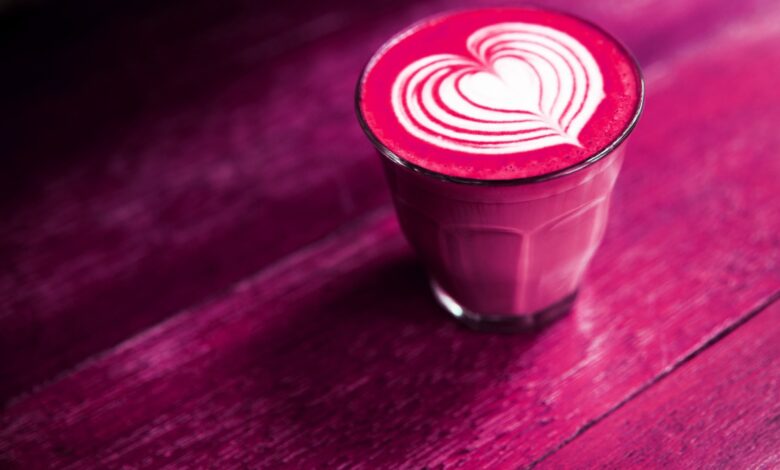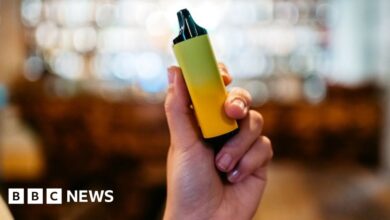Caffeine and beetroot juice beat fatigue in repeated high-intensity runs

New study reveals that pairing caffeine with beetroot juice gives non-athletes a measurable edge in high-intensity running—while spotlighting the lifestyle and physiological factors that matter most for endurance.
 Study: Caffeine and Beetroot Juice Optimize 1,000-m Performance: Shapley Additive Explanations Analysis. Image Credit: Mariia Ploshikhina / Shutterstock
Study: Caffeine and Beetroot Juice Optimize 1,000-m Performance: Shapley Additive Explanations Analysis. Image Credit: Mariia Ploshikhina / Shutterstock
A study published in the American Journal of Men’s Health describes the utility of caffeine and beetroot juice as performance enhancers.
Background
The middle-distance 1000-meter run, also known as a 1 K run, is a high-intensity running event typically included in the physical assessment curricula of Chinese universities. It serves as a critical measure of both aerobic and anaerobic capacities of performers.
For optimal performance in a 1000-meter run, performers require effective strategies aimed at improving both physical capacity and the recovery process. For any high-intensity exercises, it is vital to ensure faster restoration of physical capacity through effective recovery strategies.
Dietary supplements are one such strategy that enhances both exercise performance and recovery. Among various nutritional supplements, caffeine has shown effective outcomes in improving performance and managing fatigue in both aerobic and anaerobic activities.
Beetroot juice is a rich source of dietary nitrates and has been found to enhance exercise performance by increasing nitric oxide levels, thereby improving blood flow, muscle contraction efficiency, and mitochondrial function.
Studies investigating the combined effect of these two dietary supplements have produced conflicting results regarding their synergistic effects on repeated high-intensity exercise.
Considering these discrepancies, a team of researchers from China explored the effects of caffeine and beetroot juice, either separately or in combination, on performance and recovery in 1000-meter running events.
They put a particular focus on assessing the relative importance of various performance determinants, including physiological, nutritional, and behavioral determinants, in predicting performance outcomes.
Study design
The study included a total of 20 healthy non-athlete male undergraduate students who underwent four experimental conditions, with a one-week washout period between trials. Four experimental conditions were caffeine-only, beetroot juice-only, a combination of caffeine and beetroot juice, and placebo (control) conditions. Physiological, nutritional, and behavioral data were collected during each condition.
Physical performance of participants was assessed before the first 1000-meter run, 20 minutes after the first 1000-meter run, and after the second 1000-meter run (re-exercise capacity).
SHapley Additive exPlanations (SHAP) analysis, a game-theoretic approach, was conducted to evaluate the contribution of various performance determinants to the performance outcome.
Study findings
The study found that participants who consumed both caffeine and beetroot juice performed significantly better in the first 1000-meter running compared to those who consumed a placebo capsule and drink.
Caffeine maintained performance across runs and improved second-run outcomes relative to placebo, but did not enhance first-run performance.
In the second 1000-meter run, participants who consumed the combination of caffeine and beetroot juice outperformed both the placebo group participants and the beetroot juice group participants. Caffeine improved second-run performance over placebo but showed no significant difference compared to beetroot juice in the first run.
After the 20-minute recovery period following the first running event, both the beetroot and placebo group participants exhibited a significant decline in performance in the second 1000-meter run, whereas participants who consumed both caffeine and beetroot juice showed a significant improvement.
Impacts of performance determinants
Among various performance determinants analyzed, body fat percentage was identified as the most influential factor, followed by weight, age, nighttime sleep duration, and nutritional strategy.
While body fat percentage and age had a strong negative impact on performance outcomes, weight and nighttime sleep duration presented mixed effects, generally contributing positively but varying depending on their interactions with other factors.
Among other determinants, moderate contributions were observed from grip strength, average vertical jump height, and resting heart rate, ranked below body composition and lifestyle factors. Smoking and alcohol intake contributed minimally to the outcomes of 1000-meter running events.
Study significance
The study finds that caffeine, when combined with beetroot juice, is capable of significantly improving both single and repeated 1000-meter running performances.
Participants who consumed both caffeine and beetroot juice exhibited the highest increase in heart rate immediately post-exercise, while caffeine alone produced higher blood lactate levels than the caffeine–beetroot combination at 10, 15, and 20 minutes post-exercise, suggesting differential metabolic responses.
Participants consuming only beetroot juice, on the other hand, experienced a sharp decline in performance after the 20-minute recovery period. This suggests that drinking only beetroot juice is insufficient to improve performance in repeated high-intensity exercise.
Regarding caffeine supplementation, the study finds that despite enhancing repeated high-intensity exercise performance, its benefits plateaued over time, indicating limited efficacy in sustaining improvements across bouts.
Notably, the study highlights substantial contributions of certain physiological factors (body fat percentage and weight), as well as modifiable factors (nutrition and sleep duration) in determining outcomes in 1000-meter running events.
The observed contributions of nutritional strategy and nighttime sleep duration to running performance underscore the importance of incorporating recovery management strategies and dietary interventions into physical fitness programs.
Model accuracy was confirmed by low MSE and RMSE values, supporting the robustness of the SHAP-based feature importance rankings.
Overall, the study findings provide a framework for developing targeted strategies to delay fatigue and enhance exercise capacity. Considering the significant influence of physiological and lifestyle factors on performance outcomes, researchers recommend that future research should further explore the complex interactions among these factors, leveraging advanced analytical methods such as metabolomics to deepen the understanding of performance optimization mechanisms.




